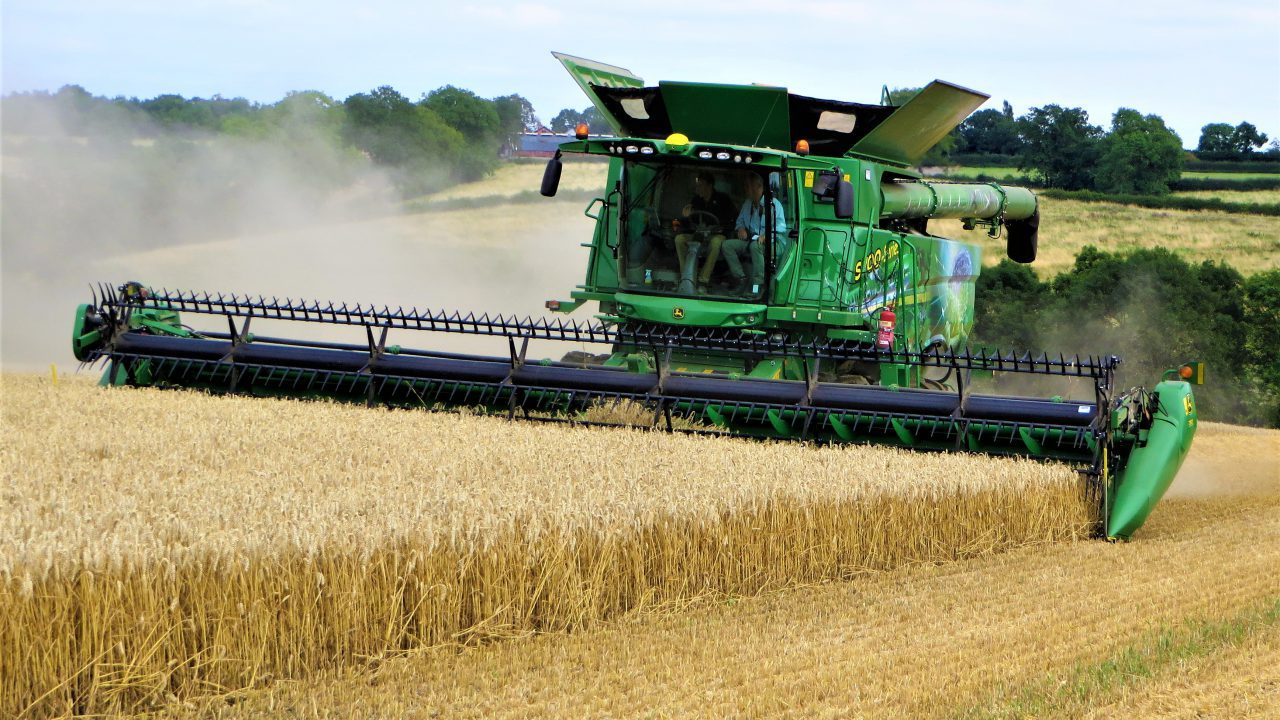Major challenges for the tillage industry, including environment constraints, land access, and income, will be on the agenda at this year’s Teagasc Crops Forum, which takes place on Friday (September 8).
Many growers are now actively assessing the outcome of this year’s harvest and making plans for next year.
Tillage farmers have always been to the fore in keeping themselves up to date with the latest technologies and farm management systems.
Many people say that the tillage sector is now in real trouble with low margins and a dwindling land base.
The Crops Forum will look at a number of practical solutions for the coming autumn months.
The event will also provide farmers with an opportunity to feed in their own solutions.
The current edition of the Tillage Edge podcast features an in-depth preview of the upcoming Teagasc Crops Forum with tillage specialist Shay Phelan discussing the types of new crop varieties that will feature on upcoming Department of Agriculture, Food and the Marine (DAFM) recommended lists.
Crop varieties
“There are a couple of varieties which I would be very keen to get a DAFM perspective on. The barley variety Armadillo is a case in point,” Phelan said.
“Bordeaux and Canyon are two other barley varieties that fall into the same category.”
Phelan also added: “When it comes to wheat, there hasn’t been much change. But I would like to hear how the varieties Champion and Spearhead performed in trials this year.
“Very few new what varieties have come through over the past couple of years. So it will be interesting to gauge the performance of those that have become available under Irish conditions.
“Where oats are concerned it will be interesting to find out how the new variety, WPB Shaun, has performed this year.”
New EU pesticide regulations will also be discussed at the forum event.
Phelan said tillage farmers “are very aware” of the fact that they are going to face a number of changes over the coming years.
“The forum will provide a platform, providing an insight into what these changes might well look like up to 2030.
“There are targets in place to reduce pesticide usage and crop protectant usage by 2030.
“So the issue then becomes one of assessing the practical options that will be available to farmers, given this backdrop,” he said.
This direction of travel brings the role of integrated pest management (IPM) into yet stronger focus, a point which Phelan said he will directly addressing, courtesy of his own presentation to the forum.
He added: “EU policy is going to direct us down the rod of using IPM.
“This means using all the tools that are available to tillage farmers, when it comes to controlling weeds, pests and fungi.
“IPMWorks is an initiative that has been designed to encourage farmers to make greater use of cultural controls when it comes to managing their crops.
“It is a peer-to-peer learning project, which allows farmers from across Europe to find out what IPM means from a practical and best management perspective.”
